Discover the tragic history of the Chagos Islands, an Indian Ocean archipelago marked by the expulsion of its population and a decades-long struggle for sovereignty that culminated in a historic victory in October 2024. This is the story of a fight for justice, finally rewarded.
On a hot October day in 2024, a chapter of British colonial history was finally closed. After decades of legal and diplomatic battles, the British government officially returned sovereignty of the Chagos Islands to Mauritius. This announcement, which made headlines around the world, marked the end of a long, over 50-year struggle by the Chagossians, a people once uprooted from their ancestral lands. To understand this historic decision, one must delve into a largely unknown past, filled with betrayals, forced expulsions, and geopolitical stakes that extended far beyond the Indian Ocean.
A coveted paradise
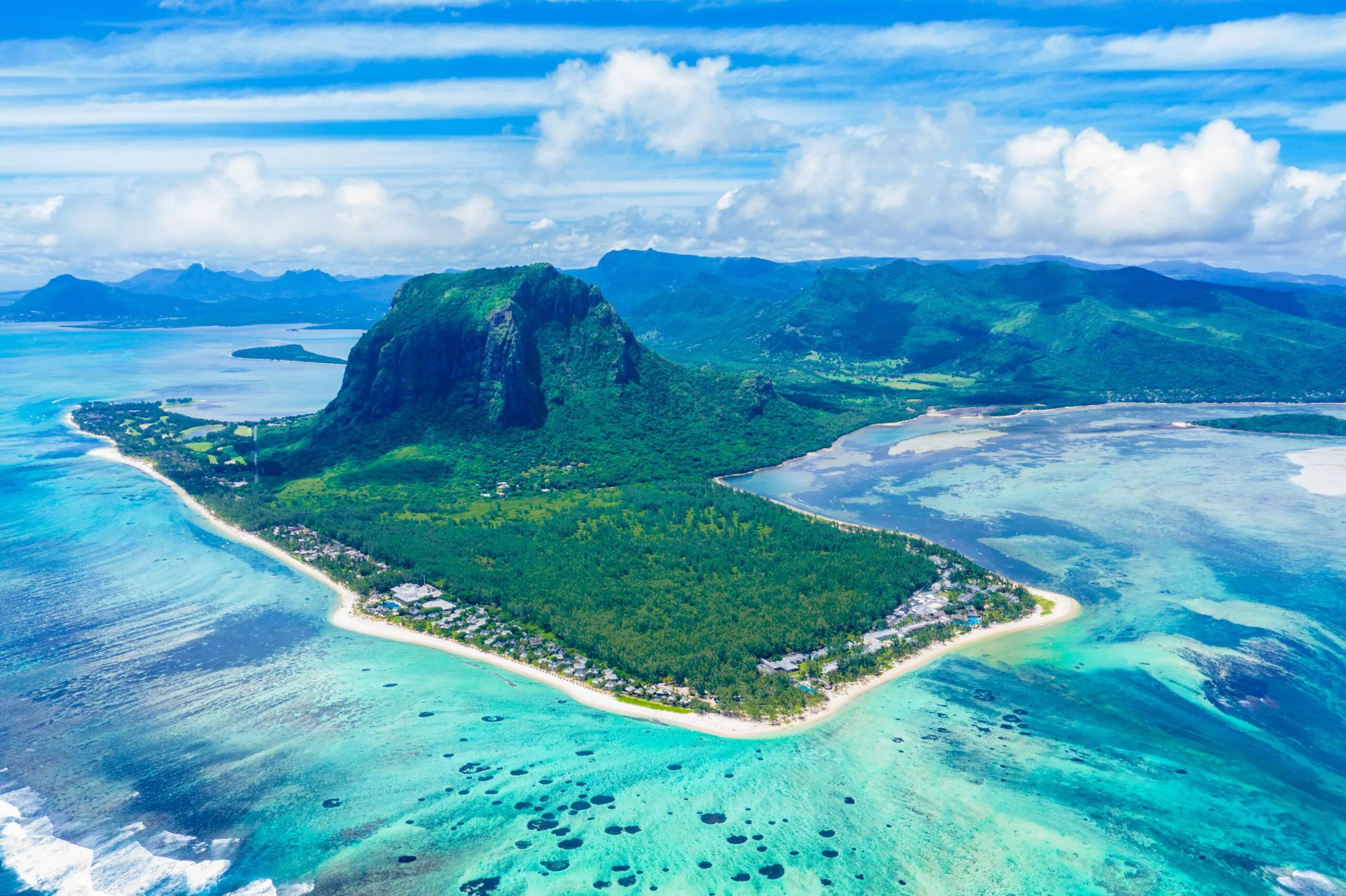
The Chagos Archipelago, a group of coral atolls lost in the blue waters of the Indian Ocean, is a tropical paradise. Its largest island, Diego Garcia, is a strategic gem, located equidistant from the African and Asian coasts. The history of the Chagos dates back to the early 16th century when Portuguese navigator Pedro de Mascarenhas first mapped them in 1512. Uninterested in these remote lands, the Portuguese left them forgotten until the 18th century.
At that time, French colonists began developing interest in the islands, using them to establish coconut plantations and extract copra, a valuable product used to produce oil. They brought slaves from Madagascar and Mozambique, laying the foundation for what would become the Chagossian community.
Forced deportation: a human tragedy
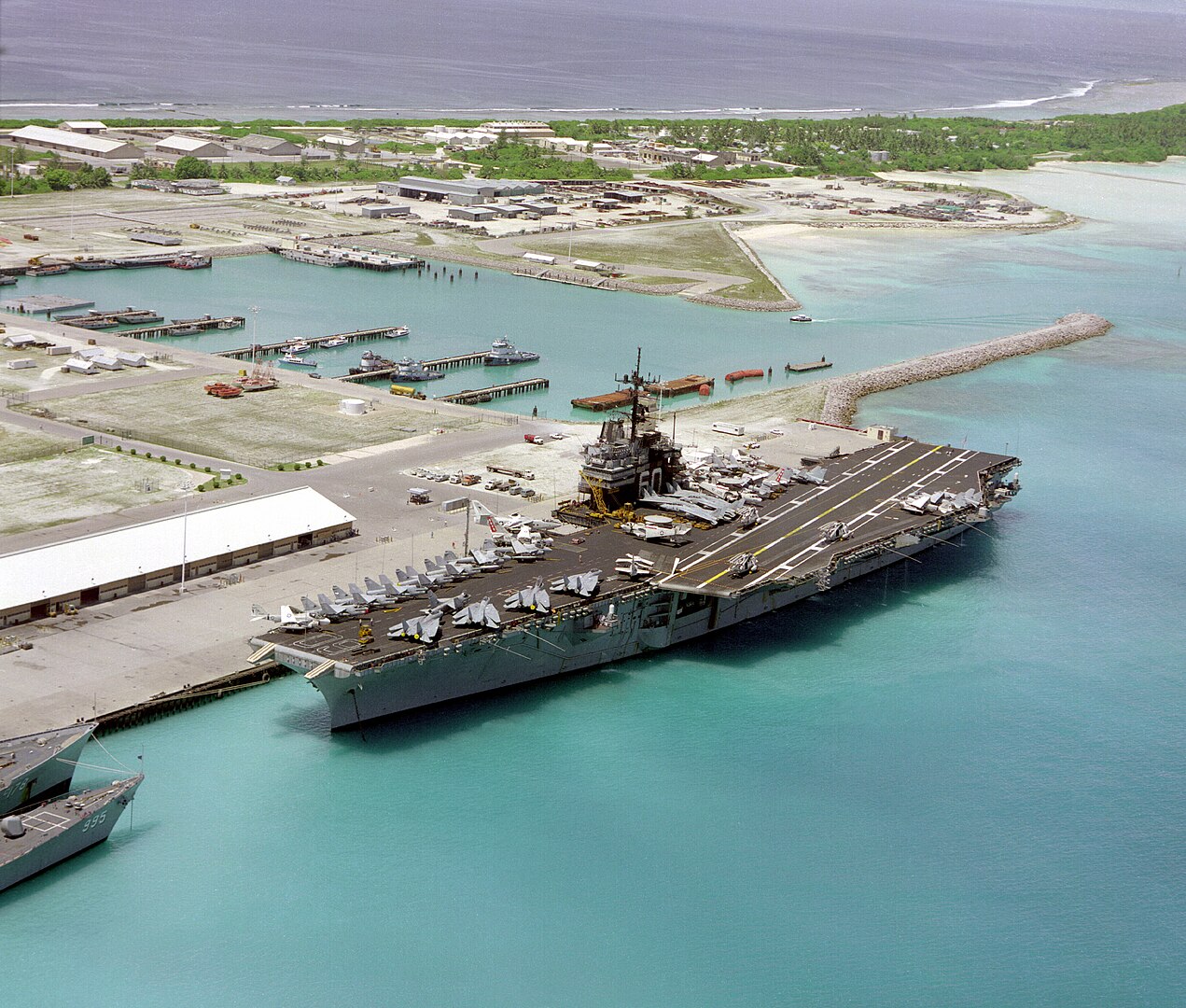
The story took a dark turn in the 1960s when the United States and the United Kingdom signed a secret agreement to build a military base on Diego Garcia. Following this decision, the Chagossian population faced a brutal campaign of forced expulsion. Between 1966 and 1973, hundreds of families were uprooted, deported by cargo ships to Seychelles and Mauritius without any formal process. Their homes were destroyed, their dogs killed, and the community was scattered, condemned to live in slums, forever cut off from their homeland.
For British and American strategists, this was a necessary evil. The Diego Garcia base, located at a key junction of maritime routes, allowed them to monitor the Indian Ocean and project military power into a critical region during the Cold War. Meanwhile, the Chagossians were silenced, their story relegated to obscurity.
A legal battle without end
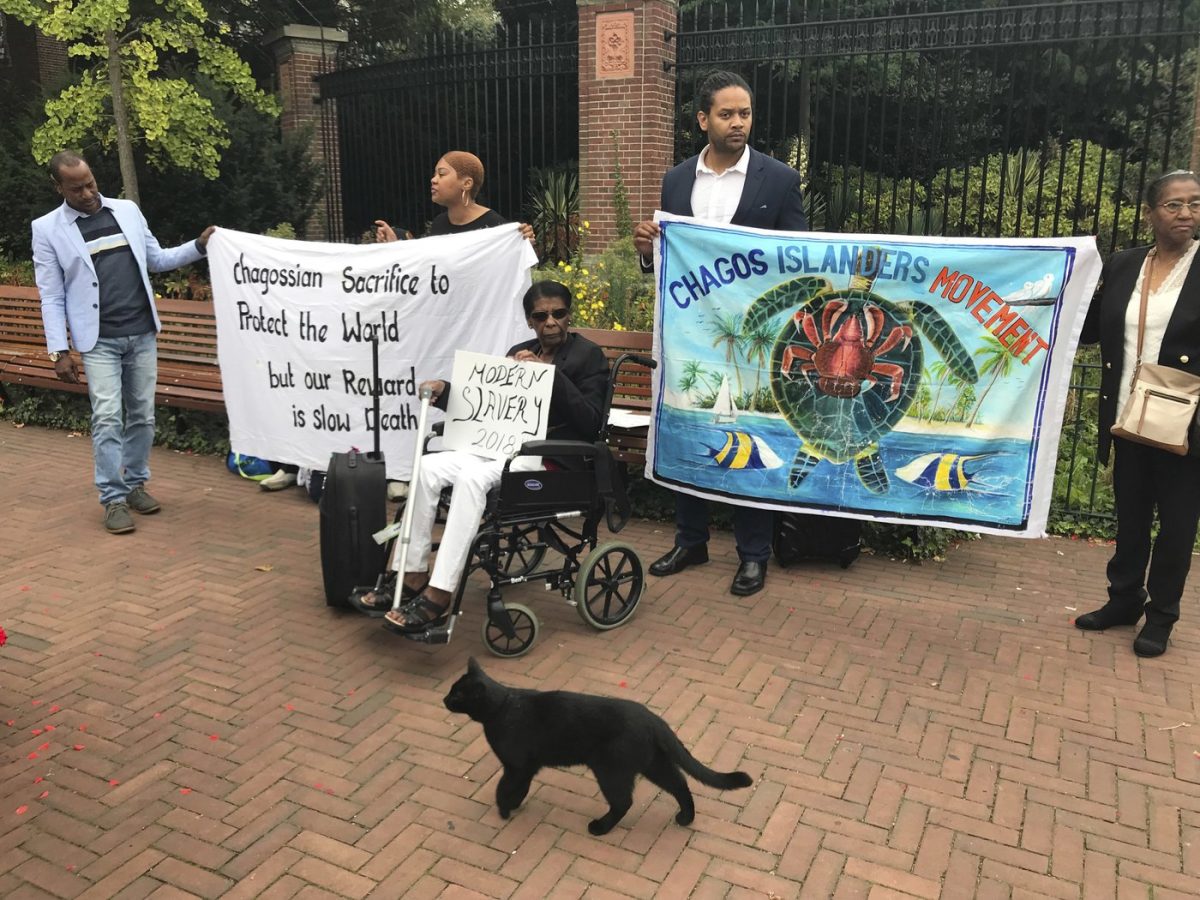
It wasn’t until the 1990s that the Chagossians began to make their voices heard. Supported by human rights activists, they initiated a series of legal challenges to claim their right to return. Their efforts were met with symbolic victories, but in 2008, the House of Lords, the UK’s highest court, definitively ruled against them, condemning them to remain in exile.
However, the fight did not stop there. In 2017, the United Nations General Assembly adopted a resolution requesting the International Court of Justice (ICJ) to rule on the legality of the British administration of the archipelago. Two years later, in February 2019, the ICJ concluded that the United Kingdom had illegally separated the Chagos from Mauritius in 1965, violating international law.
A historic turning point
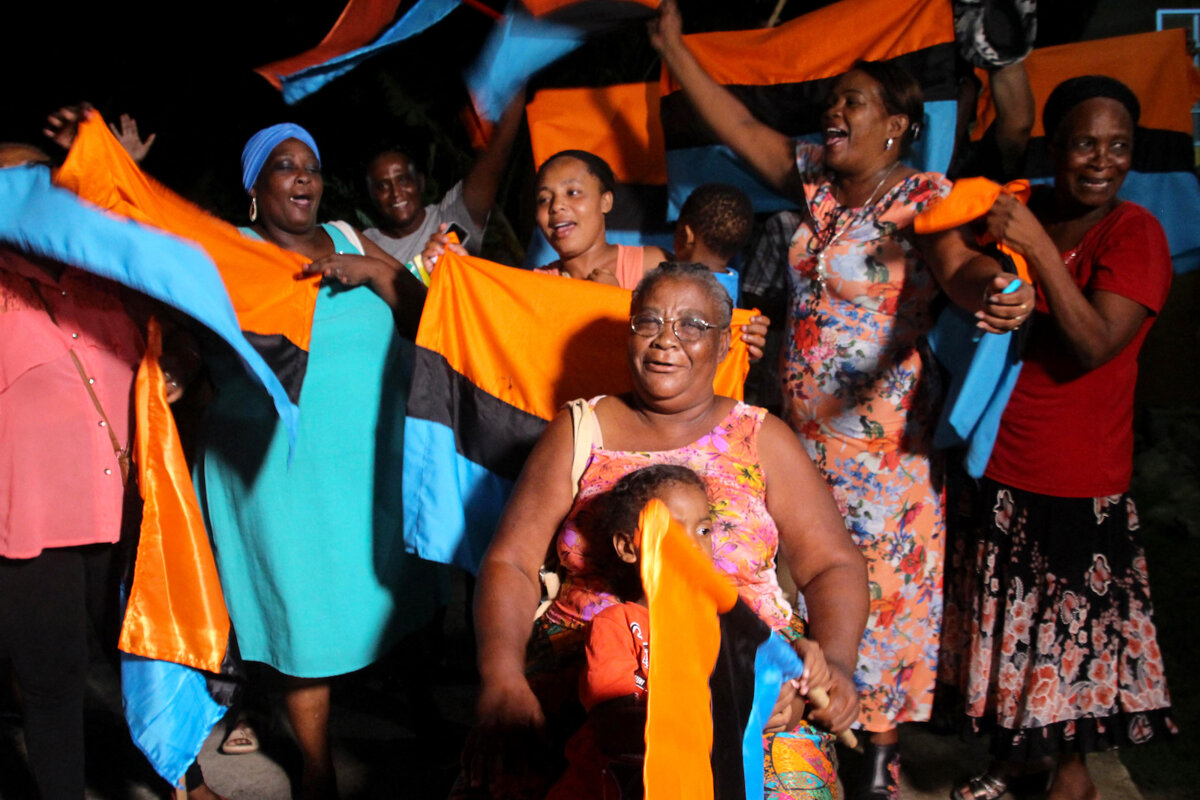
On October 3, 2024, after prolonged negotiations, the UK finally returned sovereignty over the Chagos Islands to Mauritius, while retaining a 99-year lease on Diego Garcia, ensuring continued military use of the base. For the Chagossians, it was a bittersweet victory. While the announcement marked the end of British control, their return to the islands remained uncertain, hindered by political and environmental considerations.
The memory of a people
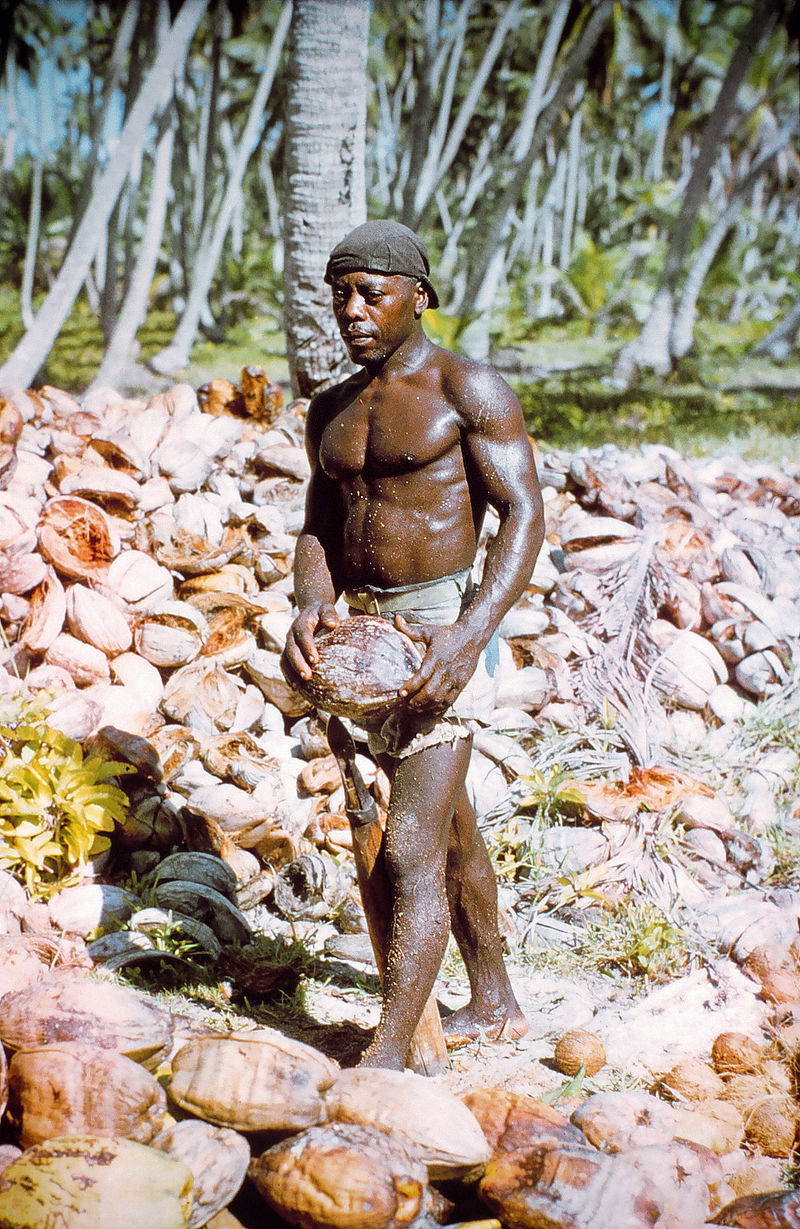
Today, the story of the Chagossians is one of a people fighting to reclaim their identity, their land, and their dignity. Their struggle echoes that of other communities around the world, victims of deportations and unjust colonial policies. The scars of this forced deportation will not heal soon, but October 3, 2024, will forever be remembered as the day when justice, at least partially, was served.
The history of the Chagos is a poignant reminder of the human tragedies hidden behind geopolitical and military interests. But it is also the story of resistance—a community that refuses to disappear, fighting for its right to exist. And perhaps, one day, the Chagossians will finally return to their lost paradise.
Sources
- « La dernière colonie : Les îles Chagos, une histoire d’exil et de justice« , Philippe Sands, 2022
- « Island of Shame: The Secret History of the US Military Base on Diego Garcia« , David Vine, 2009
- Cour internationale de justice, avis consultatif, février 2019
- Archives de l’ONU, « Résolution sur la décolonisation des îles Chagos », 2017

